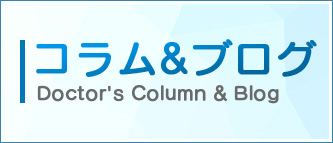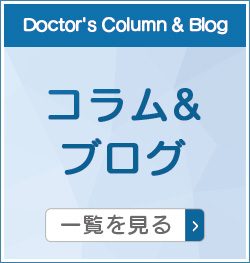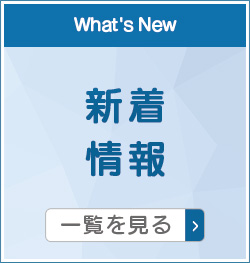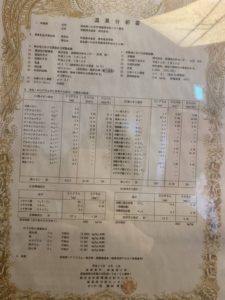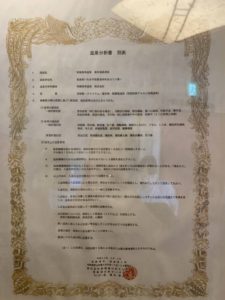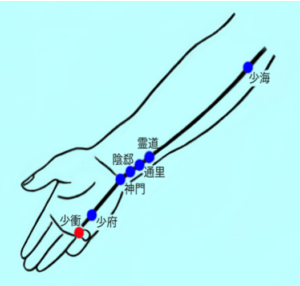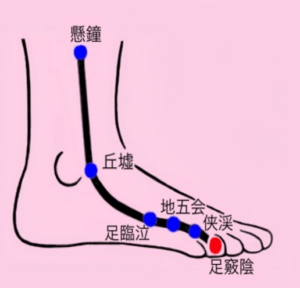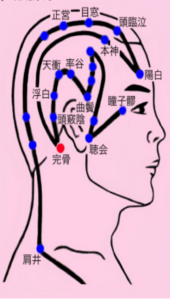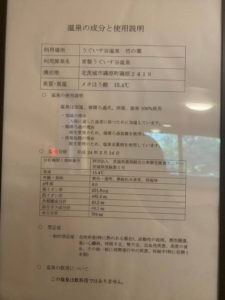前回はこちら
内科認定医、心療内科指導医・専門医 飯嶋正広
Dastroenterology(消化器病学)
日本の講学的な医学教育のシステムと米国の実践的な問題意識には明確な違いがあります。
今回は先週に引き続き炎症性腸疾患(Inflammatory Bowel Disease)を取り挙げます。米国のテキストやレヴューブックでは、潰瘍性大腸炎(UC: Ulcerative Colitis)とクローン病(Crohn’s disease)についての鑑別が実臨床に重要であることが日本の代表的なテキストよりわかりやすく記載されているものが多い印象があります。
これらの疾患の治療薬の多くは関節リウマチの治療薬に重なります。実は、これらの消化管の難病とリウマチをはじめとする膠原病の病態は、いずれも免疫異常に関連しているのです。内科は臓器別専門分化が進んでいますが、アレルギーやリウマチを専門にしてきたおかげで、全身を観察することに比較的習熟してこれたことは幸いです。
〈炎症性腸疾患〉Inflammatory Bowel Disease PartⅡ
Q1. What is the key component of a diagnostic w/u of a patient with suspected inflammatory bowel disease(IBD)?
Q1. 炎症性腸疾患(IBD)が疑われる患者さんの確定診断のための重要な構成要素は何ですか?
A1. Colonoscopy with mucosal biopsies
A1. 大腸内視鏡検査と粘膜生検
Q2.What are the five classes of medical treatment of IBD?
Q2.IBDの5つの内科的治療とは何ですか。
A2.
1) Immunosuppresive agents(6-MP,azathioprine,methotrexate,cyclosporine)
2)5-ASA derivatives(mesalamine,sulfasalazine)
3)Steroids(helpful in acute disease and during exacerbations)
4)Antibiotics(metronidazole for anal disease)
5)Monoclonal antibodies to tumor necrosis factor(TNF)-α(infliximab)
A2.
1)免疫抑制剤(6-MP、アザチオプリン、メトトレキサート、サイクロスポリン)
2)5-ASA誘導体(メサラミン、スルファサラジン)
3)ステロイド剤(急性期、増悪期に有効)
4)抗生物質(メトロニダゾール:肛門疾患)
5)腫瘍壊死因子(TNF)に対するモノクローナル抗体-α(インフリキシマブ)
Q3.What complication can occur in a patient with multiple bowel resections?
Q3.複数回の腸切除を受けた患者さんに起こる可能性のある合併症を教えてください。
A3.Short gut syndrome(diarrhea,malabsorption)
A3.短腸症候群(下痢、吸収不良)
UC(潰瘍性大腸炎)
Q4. What is the risk of colon cancer in patients with UC?
Q4. UC患者さんの大腸がんのリスクはどのくらいですか?
A4.1%-2% at 10 years; 1% increase in risk every year thereafter
A4.10年間で1〜2%、その後は1年ごとに1%ずつリスクが増加します。
Q5. What are the recommendations for colon cancer surveillance in patients with UC?
Q5. UC患者さんの大腸がんサーベイランスの推奨事項は?
A5.Yearly colonoscopy after 10 years of disease
A5.罹患後10年以上経過したら、年1回の大腸内視鏡検査が必要です。
Q6.What are the three classic signs and symptoms of toxic megacolon?
Q6.中毒性巨大結腸症の典型的な3つの徴候と症状を教えてください。
A6.
1)Fever 2)Abdominal pain 3)Acutely distended colon
A6.
1)発熱 2)腹痛 3)急性膨張性大腸
Q7.What is the initial treatment of toxic megacolon?
Q7.中毒性巨大結腸症の初期治療は何ですか?
A7. Nothing by mouth(NPO), IV fluids nasogastric(NGT),and antibiotics
A7. 経口投与は行わない(NPO)、経鼻胃管からの輸液、抗生物質の投与
Crohn’s disease(クローン病)
Q8.What are the indications for surgery in a patient with UC?
Q8.潰瘍性大腸炎の手術の適応は何でしょうか?
A8.
1)Uncontrolled hemorrhage
2)Fulminant colitis
3)Toxic Megacolon
4)Dysplasia or cancer
5)Intractable disease
A8.
1)コントロールされていない出血
2)劇症大腸炎
3)中毒性巨大結腸症(Toxic Megacolon)
4)異形成や癌
5) 難治性疾患例
Q9. Is surgery curative for UC involving the colon?
Q9. 大腸のUCは手術で治りますか?
A9. Yes
A9. はい。
Q11.What surgical options are commonly used in patients with refractory UC?
Q11.難治性のUCにはどのような手術が行われますか?
A11.Total proctocolectomy, distal rectal mucosectomy, and ileoanal pull through
A11.直腸全摘術、遠位直腸粘膜切除術、回腸肛門貫通術です。
Q12.What extraintestinal manifestations of UC are cured by surgery?
Q12.手術で治るUCの腸管外症状を教えてください。
A12.Pathology of the skin,eyes, and joints
A12.皮膚、眼、関節の病変
Q13.What extraintestinal manifestations of UC are made worse by surgery?
Q13.手術で悪化する腸管外症状は何ですか?
A13.Liver disease
A13.肝臓病
クローン病(クローン病)
Q14.What additional radiologic tests are useful in the w/u of Crohn’s disease?
Q14.クローン病の確定診断に有用な追加のX線検査は何ですか?
A14.Magnetic resonance enterography(MRE)
A14.磁気共鳴腸造影法(MRE)
Q15.What are the indications for surgery in a patients with Crohn’s disease?
Q15.クローン病の手術の適応は何ですか?
A15.
1) Intestinal obstruction(most common indication for surgery)
2)Anorectal abscesses
3)Abdominal abscesses (percutaneous drainage)
4)Fistulas
5)Intractable disease
A15.
1)腸閉塞(最も多い手術適応です。)
2)直腸膿瘍
3)腹腔内膿瘍(経皮的ドレナージ)
4)瘻孔
5)難治性疾患例
Q16.What are the two options for operative management of an obstruction
in Crohn’s disease?
Q16.クローン病の閉塞に対する手術の2つの選択肢とは何ですか?
A16.Bowel resection versus strictureplasty
A16.腸管切除術と狭窄形成術
Q17.Is surgery usually curative for Crohn’s disease?
Q17.クローン病は通常、手術で治りますか?
A17.No
A17.いいえ。






